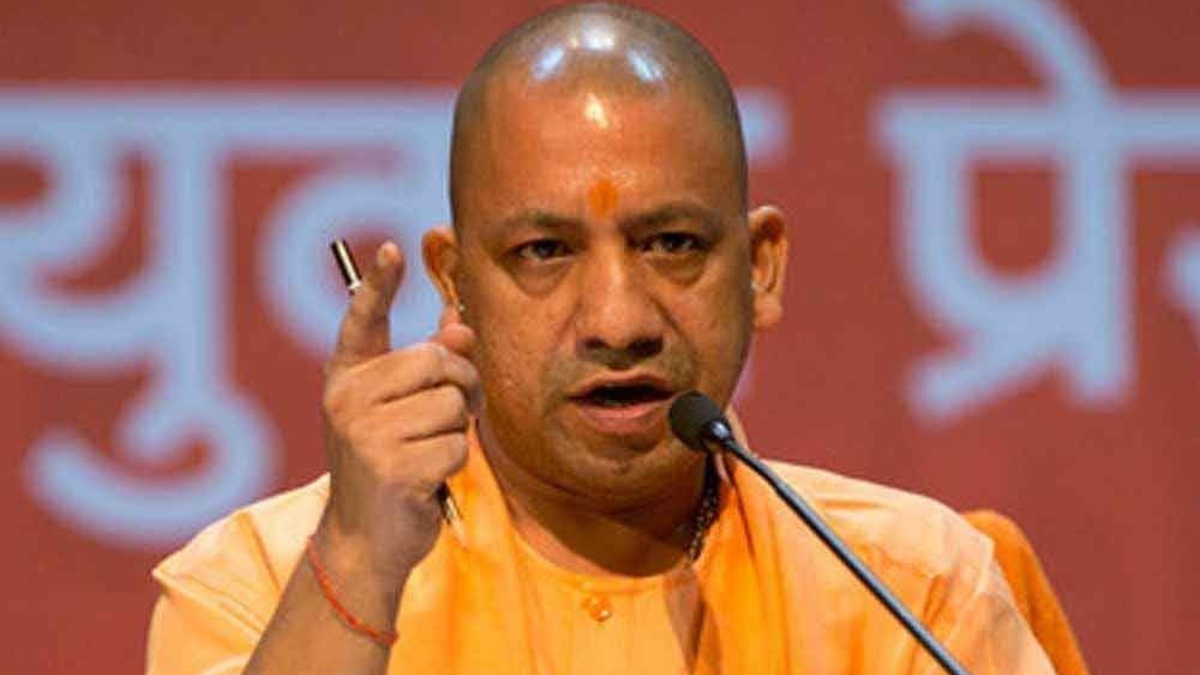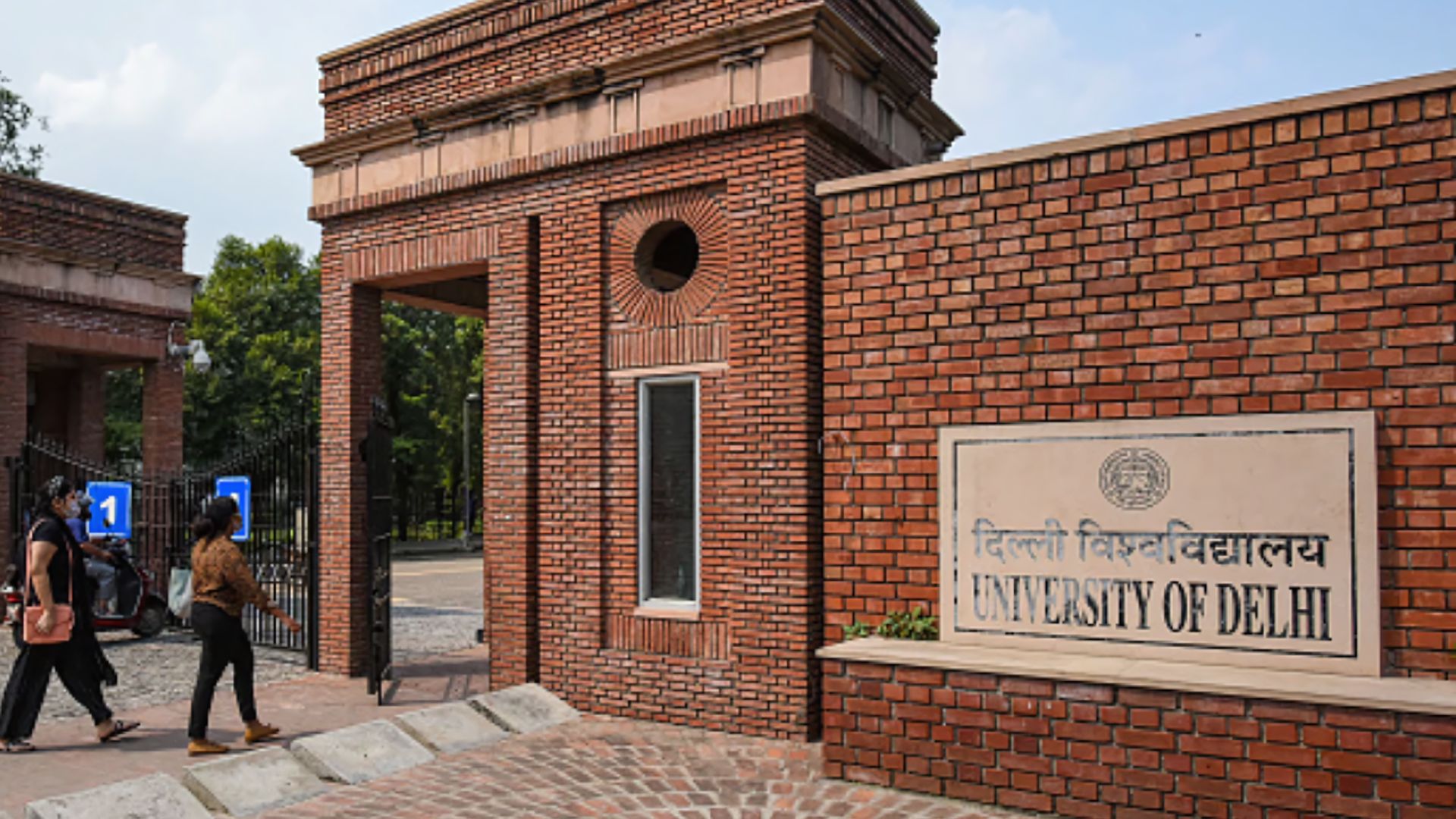


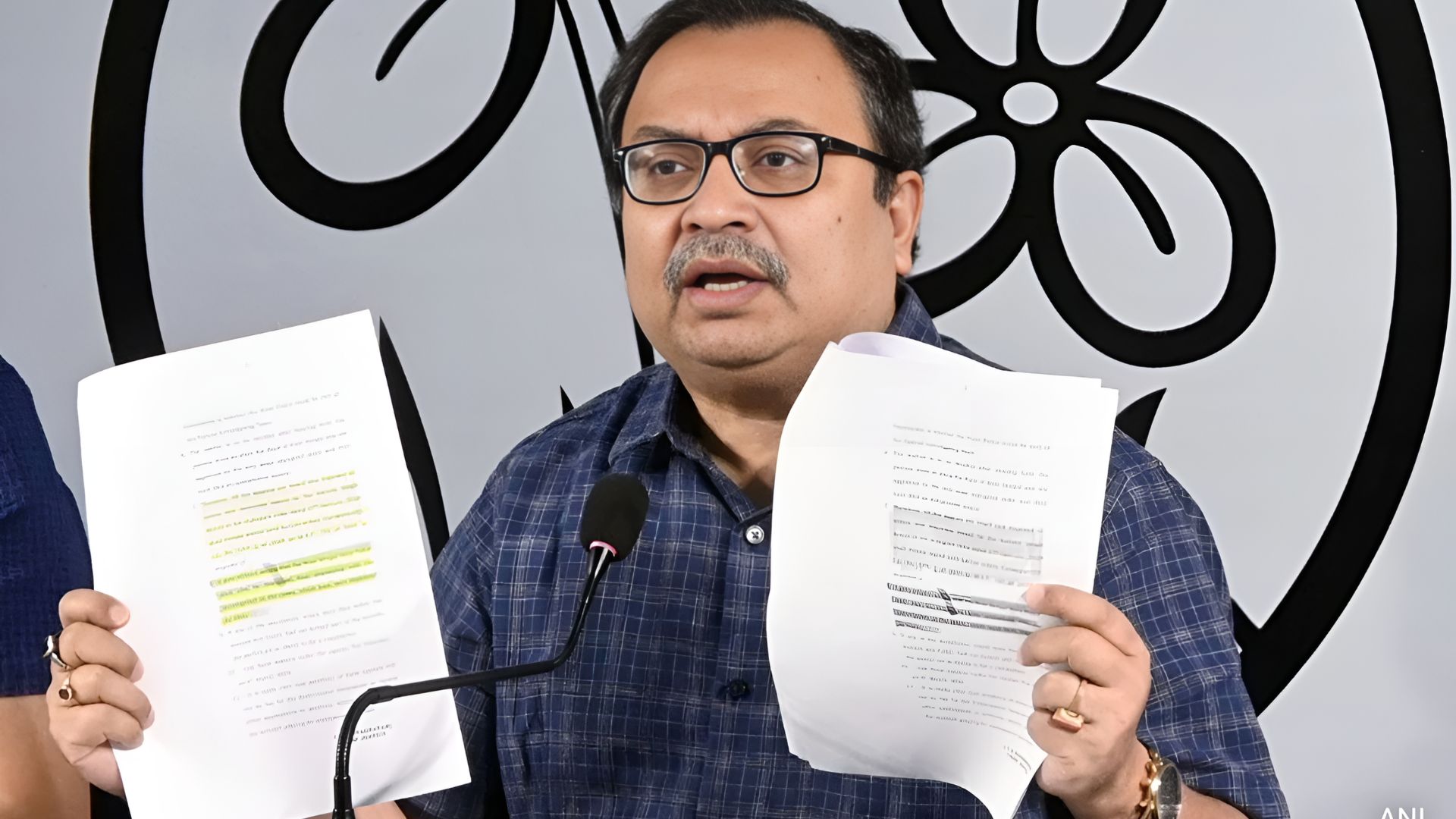


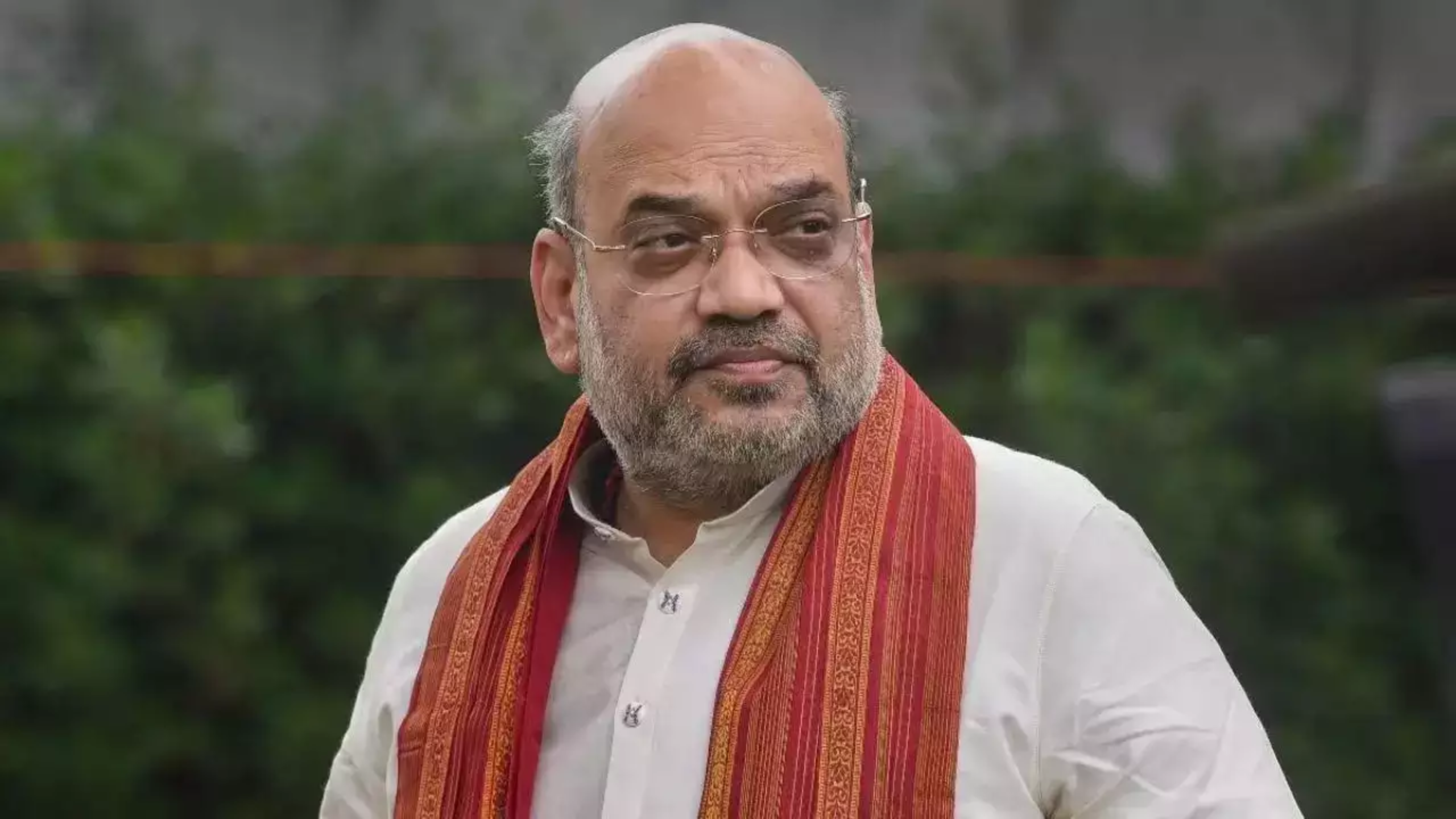

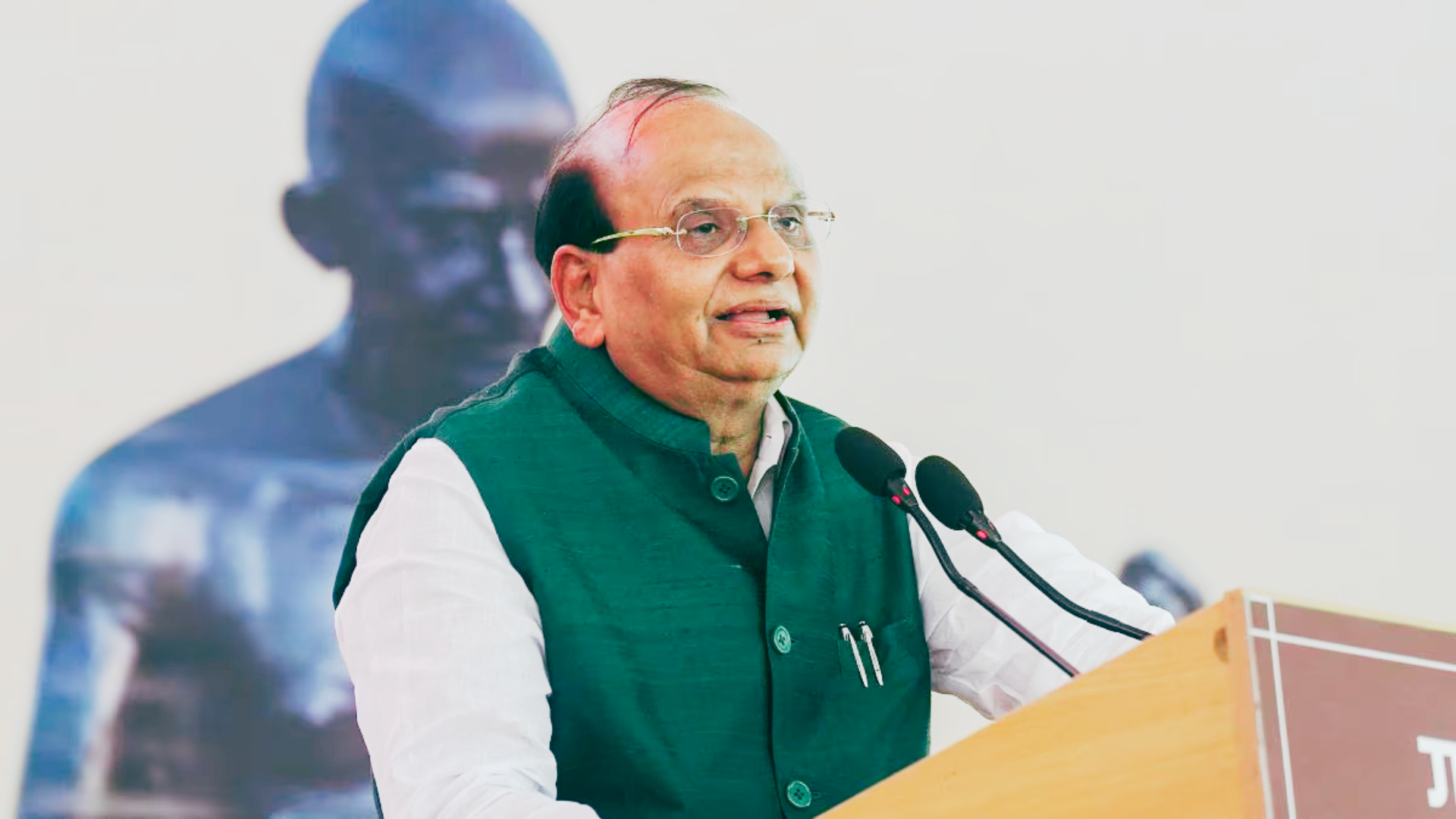
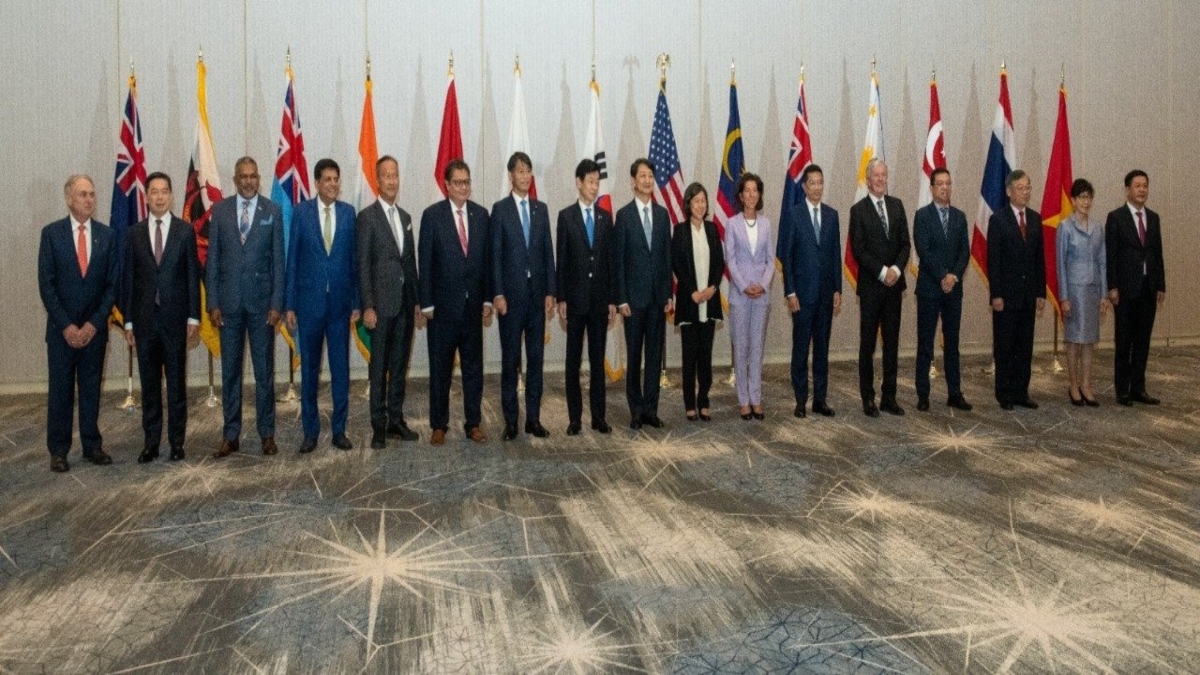
While moving forward with the others in areas like supply chains and renewable energy, India chose to withdraw from trade negotiations with a US-led group of Asian countries, once again avoiding allowing access to its markets via a multi-country pact.
According to remarks made after two days of negotiations in Los Angeles, the South Asian nation was the only member of the 14-nation Indo-Pacific Economy Framework to reject the group’s trade negotiating route.
The President Joe Biden administration’s project, known as IPEF, aims to strengthen connections with Asian countries through a number of topics, including commerce, climate change, supply chains, and taxation. It is one of the US’s tools for containing China’s growing sway, though US officials have clarified that they are not pressuring allies to side with either Washington or Beijing.
India took similar action in 2019 when it opted to end negotiations on the Regional Comprehensive Economic Partnership, supported by China, the largest regional free-trade deal in the world, covering about a third of the global population and GDP.
Then-Prime Minister Narendra Modi claimed that he withdrew due to worries about how the RCEP will impact Indians’ livelihoods, particularly the most disadvantaged.
In a briefing on Friday, US officials stated that New Delhi’s choice not to participate highlighted the flexibility built into the IPEF framework. US Trade Representative Katherine Tai further stated that bilateral trade negotiations between the US and India will continue.
India’s commerce minister, Piyush Goyal, stated in a briefing that India wants to avoid any requirements that will affect developing nations and that the advantages of trade agreements relating to concerns including the environment, labour, and digital trade are yet unknown. India will continue to participate, he continued, and “wait till the final details are established before we formally identify with the trade track.”
Representatives from IPEF nations gathered this week for the first time since their organisation in May to lay out their primary negotiating paths. At the same briefing, Secretary of Commerce Gina Raimondo stated that no agreement has yet been reached over the timing of the IPEF’s four tracks, or “pillars,” of negotiation.
Supply chains, the clean economy, which emphasises the switch to renewable energy sources and the battle against climate change, and the fair economy, which encompasses taxes and corruption concerns, were added to the list on Friday. On those three, all 14 nations agreed.
According to Raimondo, the countries are pursuing a “very ambitious timeframe.” A US official stated in May that the Biden administration hoped to have concrete commitments in place in 12 to 18 months. When the United States hosts the Asia-Pacific Economic Partnership summit in November 2023, which advocates free trade, Raimondo said on Friday that it would be advantageous to have the IPEF pillars agreed upon.
The desire to see the United States return to the area in a significant way is palpable, according to Sarah Bianchi, deputy US Trade Representative. “There’s just a feeling that it will be permanent and lasting if we can establish an executive agreement that we all sign on to and won’t have to go through some of the more political components of our system.”
Read more: India, Iran close to finalising long-term agreement on Chabahar port






